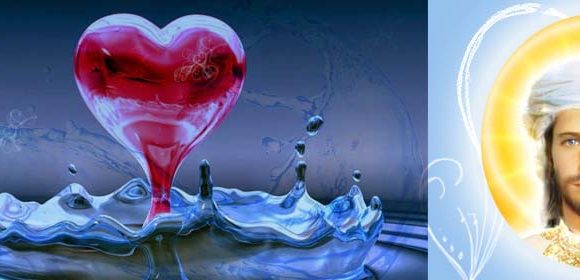Across the stars a mirror waits,
Not forged in glass, but woven fate.
A face not strange, but strangely known,
Another self, another home.
And if we meet beyond the sky,
Will we embrace or question why?
The test is not in what we see,
But how we choose to let them be.
“When we find another soul among the stars, we do not discover the alien — we discover the depth of our own humanity.”
— Unknown
For centuries, humanity has gazed at the stars and wondered: Are we alone? But what if one day we look up and the stars look back – not with mystery, but with recognition? What if the life we find among the galaxies is not alien in form, but startlingly familiar – other humans, or beings so similar in consciousness and culture that it shakes the foundation of what we thought we knew?
The potential discovery of intelligent, human-like life beyond Earth is more than a scientific milestone. It would be a spiritual turning point – one that redefines identity, expands moral responsibility, and tests the depth of our collective wisdom. Such a moment would raise profound questions: How do we treat “the other” when the other is a mirror of ourselves? Could we integrate? Should we? Or are the differences – cultural, spiritual, or existential – too vast to reconcile?
The Collapse of Cosmic Isolation
Spiritually, humanity has often seen itself as both central and separate – chosen in some traditions, alone in others. If we were to discover other conscious, intelligent life, especially humanoid in nature, this sense of cosmic uniqueness would collapse. Yet rather than diminish our value, this revelation could broaden our spiritual identity, extending it beyond Earth.
In spiritual terms, it would no longer be about us as Earthlings, but about consciousness itself as a universal phenomenon. The soul, the spirit, the divine spark – perhaps these are not Earth-bound qualities, but interstellar constants, echoing across worlds.
A Meeting of Humanities
Imagine two (or more) civilizations meeting: not as conquerors and conquered, but as reflections of one another, evolved in parallel yet apart. The implications are staggering. We would be forced to confront our own shadows – how we treat “otherness” on our own planet – and rise to the challenge of inter-species humility and harmony.
This could be our ultimate spiritual test: Can we integrate not just politically or technologically, but ethically and consciously?
Such a meeting would necessitate:
- Radical empathy – understanding a different civilization’s spiritual systems and values.
- Open-hearted communication – where meaning transcends language.
- Non-attachment to dogma – allowing for a broader, more unified cosmology.
Universal Ethics and Shared Responsibility
If we make contact, our responsibilities multiply. The spiritual worldview no longer ends at Earth’s edge. We would have to consider:
- Shared stewardship of the cosmos,
- Ethical frameworks that transcend cultural boundaries,
- Protection of diversity as a cosmic principle, not just a terrestrial one.
Spiritual traditions across Earth emphasize unity in diversity – that all life is sacred, interconnected, and ultimately one. This discovery could demand we live those truths on a cosmic scale, not just a human one.
Would we be mature enough to do so? Would we treat our new kin with reverence, or repeat our old colonial patterns – fuelled by fear, ego, or exploitation?
Integration or Divergence?
Could two or more human-like species integrate into one cohesive, spiritually aware meta-civilization? Or would the cultural, biological, and spiritual differences be too great?
Integration would depend on:
- Shared values – not identical beliefs, but mutual respect for consciousness, life, and growth.
- Mutual curiosity – a willingness to learn without needing to convert or dominate.
- Spiritual flexibility – an understanding that truth is not owned but explored.
It’s also possible that full integration may not be the ideal outcome. Instead, interconnected diversity – where civilizations remain distinct yet collaborative – could be the higher path. Much like ecosystems thrive through complexity, perhaps spiritual evolution does too.
A Shift in Our Self-Understanding
Contact with human-like life would shift not only how we see others, but how we see ourselves.
Religions might be challenged – or expanded. Some might ask: Are their prophets our prophets? Do they know God? Do they have gods? But the deeper spiritual invitation would be this: to transcend form and name and recognize the essence of being in all sentient life.
Mystics and sages across traditions have long taught that consciousness is not limited to one form, one species, or one world. In that light, the meeting of interstellar civilizations becomes not just science fiction, but a return to spiritual truth: that we are many expressions of one cosmic soul.
Conclusion: Becoming the Message
If we do find them – and they are like us – our greatest responsibility may not be to teach or convert, but to embody what it means to be awake, compassionate, and wise. We become emissaries of Earth’s spirit. They may ask not what we know, but who we are.
The universe may not be waiting for us to find others, but for us to become ready – ethically, spiritually, and emotionally – for that meeting.
Because perhaps the question isn’t just: What will we do when we meet them?
But: Who will we be?








